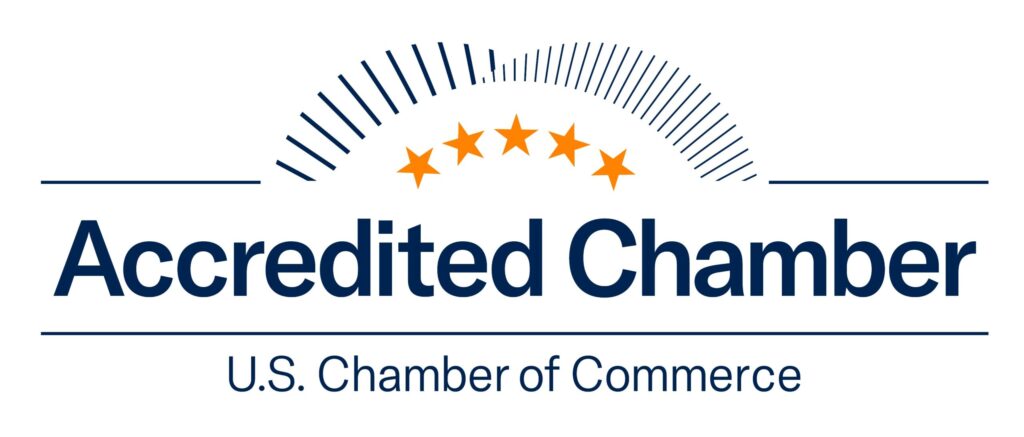There are several reasons people run for local office. Some run because they are inspired by a desire to contribute to their communities. Others are motivated by dissatisfaction with an incumbent, believing they could do a better job. Some are recruited by well-intended friends, neighbors or colleagues. Then there are those who seek office for a single burning issue.
Whatever the reason, potential candidates are advised to carefully appraise both themselves and the political climate they would enter.
Personal strengths and weaknesses:
Why run for this office?
What is your family’s attitude toward your candidacy?
Is your self-confidence strong enough to take public and/or personal criticism?
To what extent are you prepared to work on a broad range of topics and issues?
The Office:
Is this the correct office for you to run for?
What fundamental rewards does the office offer?
Does this office have the potential to influence the kinds of changes you want to see?
What time commitment will be necessary if you are elected?
The Campaign:
How many days are there until Election Day? 111 days from today!
How much time will you have to campaign?
How much time can your core supporters give?
What are the fundraising traditions in the community?
How much money will I need?
What are the potential sources of contributions?
The Opposition:
How many opponents are there likely to be?
Is the incumbent running?
What are the personal and political strengths/weaknesses of each candidate?
Have any of the opponents made a previous race and what were their campaign tactics?
Legal Requirements:
What are the applicable election laws? (For example: filing, finance, legal deadlines, dates)
Opinion Influencers:
What local issues have provoked local debate or citizen reaction lately?
What issues surround this office?
What other races or issues will be on the ballot?
Who really influences decisions in the community?
What are influential organizations?
What are community media outlets?
Conflict of Interest:
Do you have a financial conflict of interest?
Are you willing to give up revenue that you may otherwise earn from selling products/services to the city/county/school?
If you decide not to run, there are a lot of other ways to get involved:
- Find a great candidate and help them get elected
- Get involved in a local government committee or commission
- Make a campaign contribution
- Get involved in a political party
- Get informed on the issues. Share your thoughts and feelings withe the candidates for office – AND your local elected officials
- VOTE
2024 Complete Running for Office Resource Packet
City of Owatonna Ward Precincts Map
2024 Minnesota Campaign Manual
Minnesota Secretary of State Election Administration & Campaigns
Minnesota Secretary of State Elections & Voting
Use the Minnesota Polling Place Finder to search for your polling place, districts in your precinct, and candidates on your ballot.
For additional information about Running for office, contact Brad Meier, President/CEO at 451-7970 or bmeier@owatonna.org

